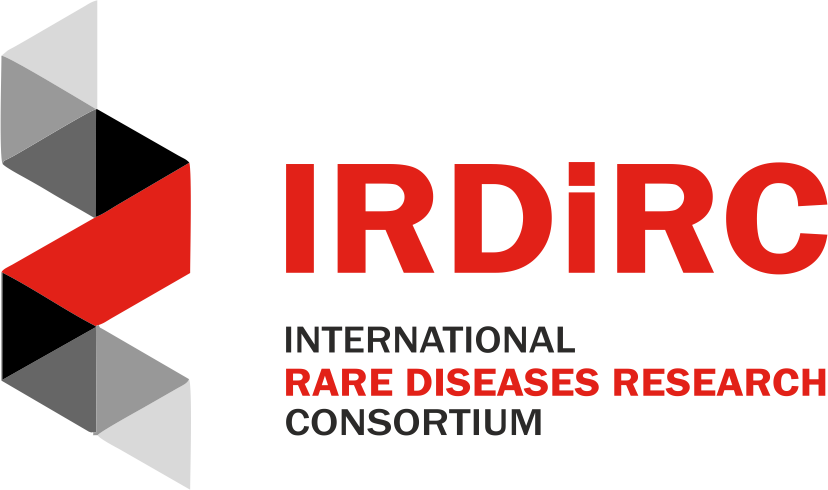Following a sustained campaign by rare disease patient advocacy organisations such as Rare Diseases International and with the support of several Member States, the United Nations (UN) General Assembly has formally adopted on December 16th 2021 with the consensus of all 193 UN Member States the UN Resolution on Addressing the Challenges of Persons Living with a Rare Disease and their Families.
This is the first ever UN text to give full visibility to the over 300 million persons living with a rare disease worldwide and calls for action to address the specific challenges faced by these individuals and their families.
The document focuses on the importance of non-discrimination and the key pillars of the UN Sustainable Development Goals, including health, access to education and decent work, reducing poverty, tackling gender inequality, and supporting participation in society.
This is a major shift in international policy which places the needs of persons living with rare diseases firmly on the agenda of the UN and its agencies (UNICEF, UN WOMEN, UNDP).
For more information: https://www.rarediseasesinternational.org/un-resolution/

